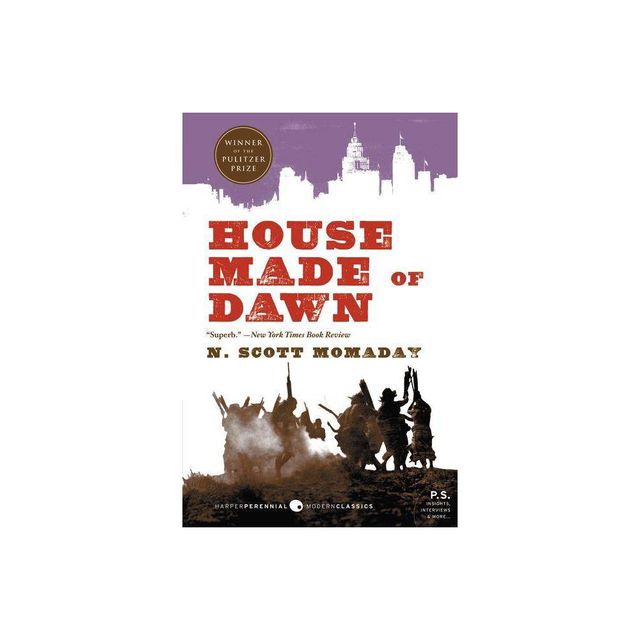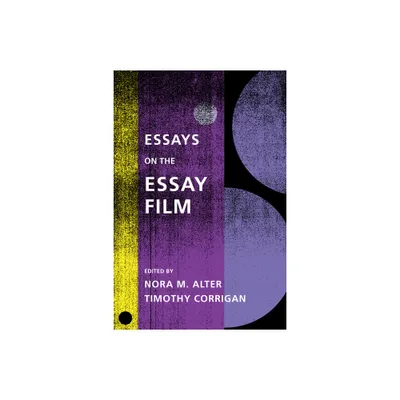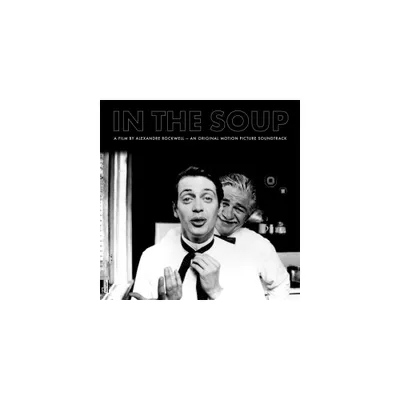Home
A House Made of Light: Essays on the Art of Film
Loading Inventory...
Barnes and Noble
A House Made of Light: Essays on the Art of Film
Current price: $29.99


Barnes and Noble
A House Made of Light: Essays on the Art of Film
Current price: $29.99
Loading Inventory...
Size: OS
*Product Information may vary - to confirm product availability, pricing, and additional information please contact Barnes and Noble
An examination of how the escapism offered by movies is really a form of homecoming for the viewer.
When the lights go down and the film starts to roll, we give ourselves over to the magic of movies. But as George Toles observes, what we experience in this house of light may strike closer to home than we imagine.
In eleven essays, Toles combines aesthetic inquiry with a psychology of spectatorship to illuminate the dialogue between sentiment and irony that unfolds in every good movie. Reflecting a literary critic’s and professional screenwriter’s ongoing love affair with cinema, each essay plunges the reader into the experience of one or more films, inviting us to ponder the nature and implications of that experience. Toles considers a wide variety of film experience, from Frank Capra to the Coen brothers to Alfred Hitchcock.
However escapist a trip to the movies might be, says Toles, there is no escaping some version of "home" in every film experience. Toles examines important homes—from the cottage in Random Harvest to the foreboding Bates house in Psycho—to suggest that the house of film is a frame we long to enter in the spirit of homecoming but one that we cannot possess any more securely than the lost home of our beginnings. As film study marks a return to art-centered criticism, A House Made of Light breaks new ground in its assessment of the creation—and enjoyment—of movies.
When the lights go down and the film starts to roll, we give ourselves over to the magic of movies. But as George Toles observes, what we experience in this house of light may strike closer to home than we imagine.
In eleven essays, Toles combines aesthetic inquiry with a psychology of spectatorship to illuminate the dialogue between sentiment and irony that unfolds in every good movie. Reflecting a literary critic’s and professional screenwriter’s ongoing love affair with cinema, each essay plunges the reader into the experience of one or more films, inviting us to ponder the nature and implications of that experience. Toles considers a wide variety of film experience, from Frank Capra to the Coen brothers to Alfred Hitchcock.
However escapist a trip to the movies might be, says Toles, there is no escaping some version of "home" in every film experience. Toles examines important homes—from the cottage in Random Harvest to the foreboding Bates house in Psycho—to suggest that the house of film is a frame we long to enter in the spirit of homecoming but one that we cannot possess any more securely than the lost home of our beginnings. As film study marks a return to art-centered criticism, A House Made of Light breaks new ground in its assessment of the creation—and enjoyment—of movies.
![House Made of Dawn [50th Anniversary Ed]: A Novel](https://prodimage.images-bn.com/pimages/9780062909954_p0_v6_s600x595.jpg)


![House Made of Dawn [50th Anniversary Ed] - (P.S.) by N Scott Momaday (Paperback)](https://cdn.mall.adeptmind.ai/https%3A%2F%2Ftarget.scene7.com%2Fis%2Fimage%2FTarget%2FGUEST_2d954d1f-2f5c-445c-a3df-dd0fe48d1aaf%3Fwid%3D1000%26hei%3D1000_640x.jpg)














